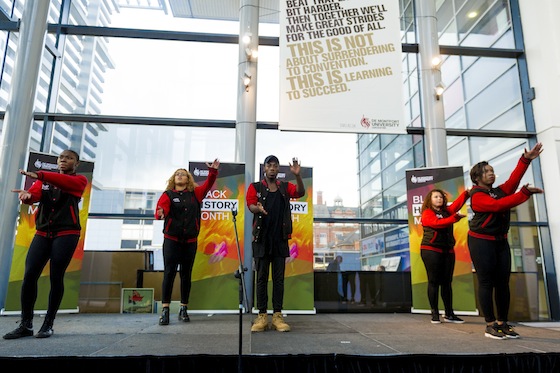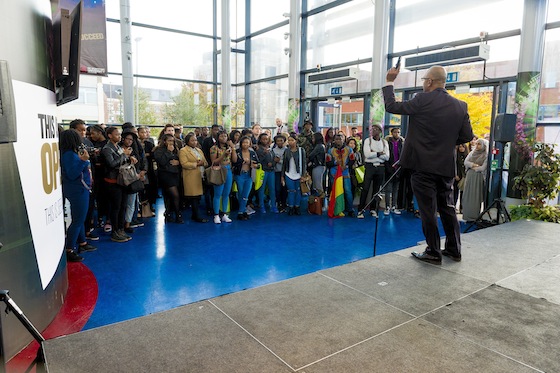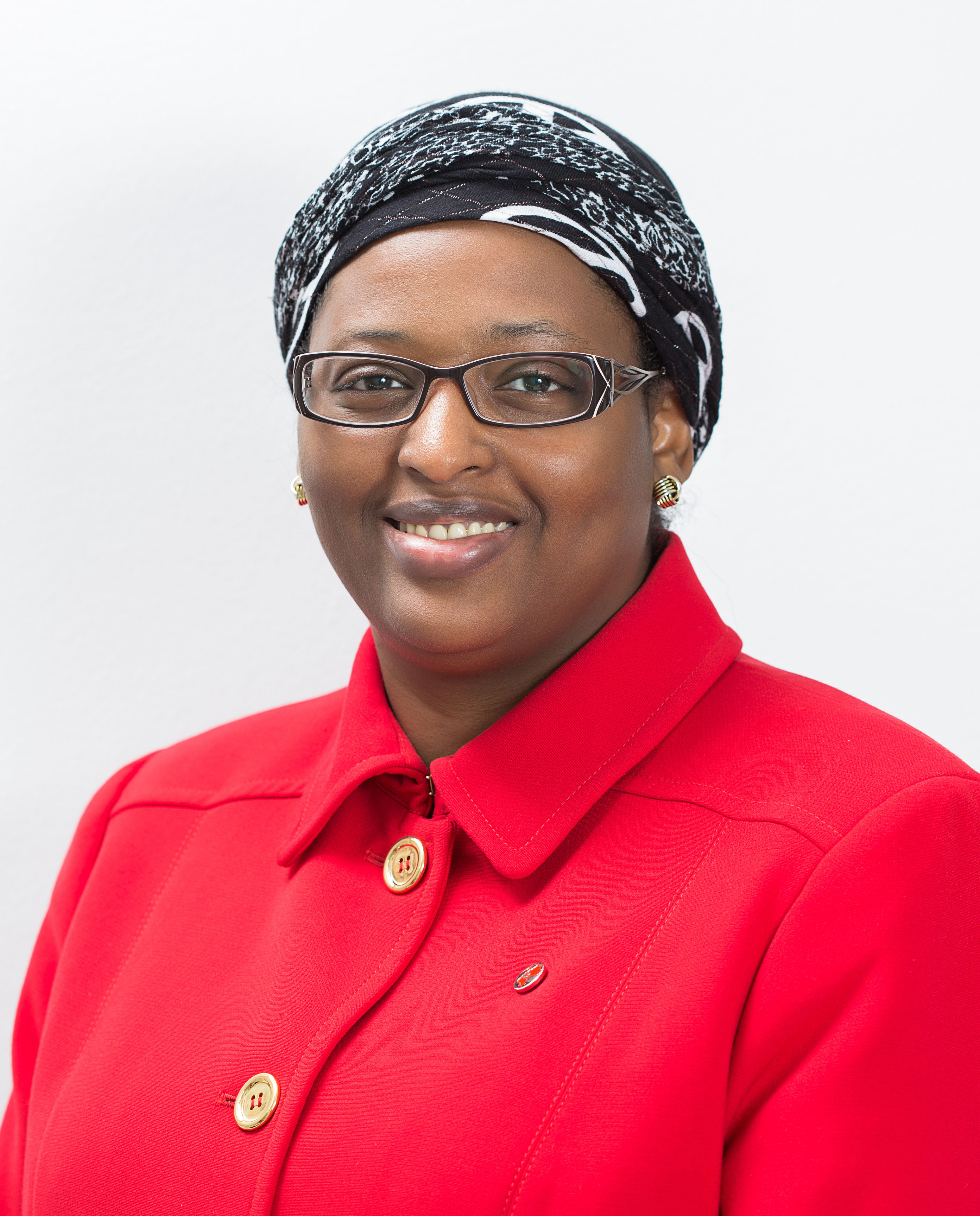By Anietie Isong
I received the confirmation a few hours before the lecture: “I am pleased to confirm that one place has been booked for you.” And so I turned up, alongside students and scholars, for the talk titled “African Power – past & present” by Dr. Rupert Gammon, a Senior Research Fellow in the Institute of Energy & Sustainable Development, De Montfort University, Leicester. The event was part of activities celebrating Black History Month at the University.
Black History Month is celebrated annually in the United Kingdom, in October to honour the achievements, culture, and the history of black people. In the words of British Prime Minister, David Cameron, the celebration is “not just about learning from the past, but also a time to unlock tomorrow’s opportunities”.
De Montfort University is a multi-cultural institution in Leicester, a city which is a beacon for diversity. Students from more than 130 nationalities study there. The University celebrated
Black History Month with a launch event in the campus centre with entertainment and performances from student clubs and societies.
Ben Browne, Chief Operating Officer for the university introduced the launch event. He said: “It is both poignant and pertinent for us to celebrate the achievements and contribution of black people here in this way. Hopefully this counters negative stereotypes portrayed by some politicians and highlights the immense benefit brought by other cultures to this country.” Mr. Browne is black.
As a fellow black man who is studying in the UK, I have strong views on how the black race is represented in texts. In my international relations class, Africa was rarely mentioned, except in relation to war and failed leadership. After one of my numerous arguments with my lecturer, my Chinese classmate asked me: “Why don’t you write your own history of Africa?”
It was with a feeling of anxiety that I went for the talk on African power. I wondered what Dr. Gammon, who is white (British), had to say on the subject. Perhaps not wanting to offend the black people that had turned up for the event, he started his talk with a disclaimer: he was not an expert on African history. His expertise is on developing smart micro-grids in Africa. As a Senior Research Fellow in the Institute of Energy & Sustainable Development, his research encompasses smart grids, energy storage and low-carbon transport.
Dr Gammon’s presentation covered the work he is undertaking in Malawi to bring electrical power to off-grid communities and how this links with economic, social and political empowerment. But he also spoke about Africa’s history, the Eurocentric misrepresentation of it, and how that has adversely affected the progress of the continent and its diaspora.
“Despite the negative hype about Africa,” he said, “the nations in the continent are among the fastest growing economies in the world and may at last be on the road to realising their true potential in the modern world.”
Though Dr. Gammon touched on some negative stereotypes, I was relieved that he presented a promising future for Africa.
The University also used the Black History Month to raise awareness of sickle cell disease (SCD). While it is true that sickle cell is very prevalent in much of Africa it is entirely untrue that it is confined just to that region. In the UK, SCD is most common in people of African and Caribbean descent. It is estimated that there are over 6,000 adults and children with SCD in Britain at present.

However, for me, the highlight of Black History Month celebration at the university was the screening of ‘The Stuart Hall Project’, a film by John Akomfrah. Stuart is one of the most influential and esteemed cultural theorists of a generation. An academic, he was born in Jamaica and has been living in Britain since the 1950s. I have quoted Stuart extensively in my thesis alongside his peers such as Noam Chomsky, Michel Foucault and Gore Vidal. ‘The Stuart Hall Project’ is a stirring tribute to the great work of Stuart Hall.
What does Black History Month mean to me? It means celebrating the contributions of black scholars to knowledge. Over the past years, I have been researching the impact of new media technologies on storytelling in Africa. Africa has a long and strong history of storytelling; this rich history originated in oral cultures, and oral cultures are communal cultures. New media and African storytelling work quite well because of the oral and communal aspects provided by the new media. I hope that my work, when completed, will contribute to the growing discourse on African history and culture.



